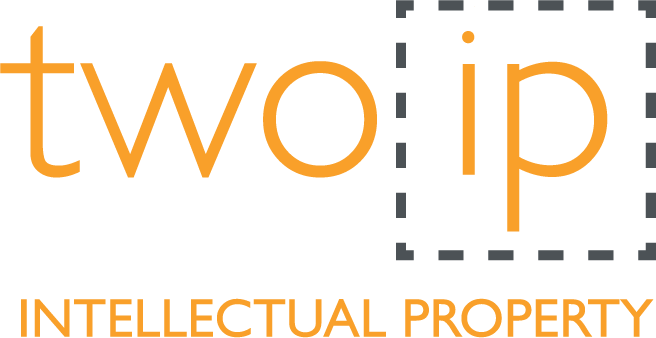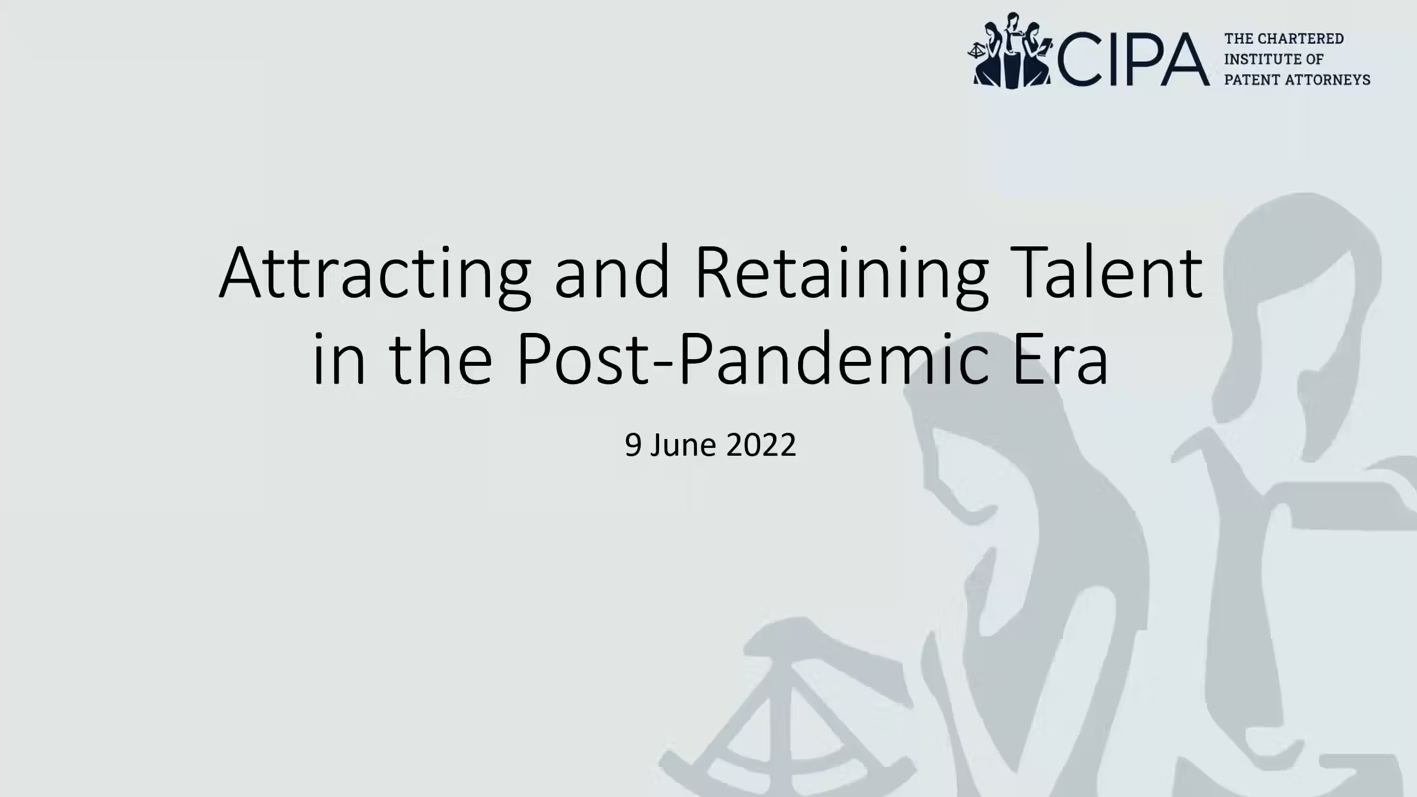CIPA recently held a webinar panel discussion about the challenges of attracting and retaining staff in a post pandemic era. This article summarises the points that were discussed and what it might mean for employers and employees looking for different options.
As approaches to our working lives have changed and continue to change, it is timely for the profession to explore current viewpoints, experiences, and opinions about what people are looking for in their working life and what that means for firms looking to attract and keep good people.
The panel on this webinar consisted of a range of experts from different perspectives able to share the feedback and conversations they have had with IP professionals over the past 18 months.
Demand for talent is high
Richard Lucas from Streamline IP who chaired the session provided both statistical and anecdotal evidence that patent and trade mark firms have continued to grow, and that the IP market is buoyant. This means that IP professionals have a lot of choice when it comes to who they work for. This has been exaggerated by firms resisting recruitment, or in some cases making cuts, during the pandemic. Now that the situation is more settled, and firms are recruiting again, this has created an increased demand for talent.
The outcome is that people who may have been stressed and overworked whilst firms were holding back recruitment are now seeing new and potentially more attractive options elsewhere. For firms such as Two IP, this provides an opportunity to offer the work life balance so many high performers in the profession crave.
Connection is key for both retention and development of future talent
Clare Tanner from Gill Jennings & Every was able to share her HR perspective and how recruitment and talent development has changed. She has found that things that were previously taken for granted now need much more attention and thought. Creating opportunities for informal connection and continuous learning being good examples. Specific initiatives have been developed to help people stay connected as working patterns have changed but it is a constant loop of learning and asking for feedback.
Nash Inam who works in-house at Ocado felt that there may be a risk that these informal connection points and learning opportunities will affect trainees more. If senior colleagues choose to spend more time working from home, the more junior team members may miss out on informal learning opportunities. Employers therefore need to plan how they work thoughtfully, which is difficult when everyone has different requirements and desires from their working life.
For experienced attorneys this may offer a frustrating conflict. They would prefer to continue to work from home but the needs of the wider firm, for example to support trainees or building internal relationships, means they are required in the office. Fully remote teams such as Two IP have stripped that away allowing senior level attorneys to build a working pattern that works for them whilst still providing the social connection through the firm’s wider ecosystem.
The candidate driven market is real.
Catherine French from Sacco Mann recruitment confirmed that the market for talent has shifted significantly over the pandemic and has still not settled into a firm position. The wide introduction of hybrid working has brought more movement and change with people reconsidering what is important to them. This movement and revaluation isn’t restricted to particular groups either. Although it is widely understood changes in working patterns generally impacted women more, Catherine has found that new ways of working and making positive changes more permanent is being considered across all demographics.
This approach has also opened up the desire for working from anywhere. The possibilities of attorneys wanting to work from other countries was discussed and Chris Braganza from Sheridans pointed out examples of where this could create complexity and risk for some firms and that this would need to be carefully considered before being offered. For firms like Two IP however, this possibility is baked into the model as we recognise the attraction of that level of flexibility.
Employees want a reason to come into the office.
Clare’s advice for firms moving to a more hybrid model is to ensure that people have a reason to come into the office. Make it an environment that people want to be part of and create specific interventions such as training and social occasions so that people feel part of a wider culture.
People have now experienced both the personal and productivity benefits of working from home, so the office needs to offer something over and above a working space.
Nash has found that in his role, he uses the time in the office to speak to engineers and spend time with them understanding their developments, so he is fully informed on how to support them. For people in private practice, aspects such as training, socials and relationship building are all important reasons to get people together. For some this is an important part of their working life, and they appreciate the opportunity to be involved with the company on a wider level.
For others though, they prefer a working arrangement that allows them to simply focus on their client work and spend the rest of their week pursuing hobbies or spending time with the family.
As with a lot of the discussion on this panel, it will vary between individuals and so people are now able to choose the arrangement and therefore the employer that best fits with their preferences.
Where does Two IP fit in?
Overall, this discussion highlighted the challenges that face firms in providing working models and arrangements that will suit a wide variety of desires and expectations. The new consultancy model that Two IP operates provides an alternative option for attorneys looking to work fully remotely (wherever that might be), with full flexibility and control in their working life. If this is something that appeals to you, then you can find out more about how our model works here
.



